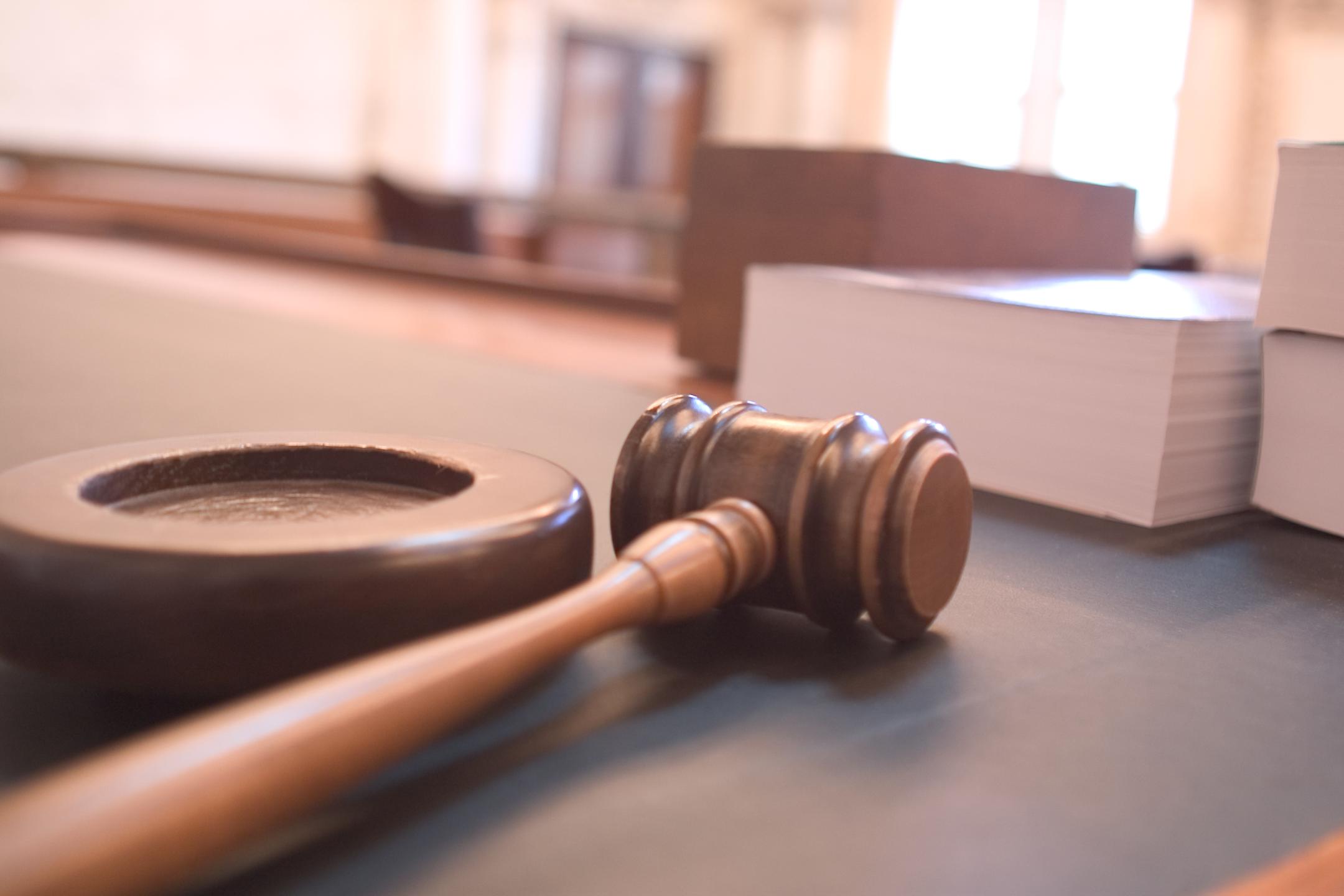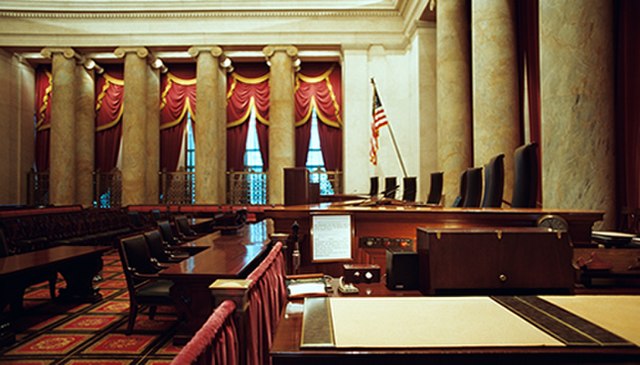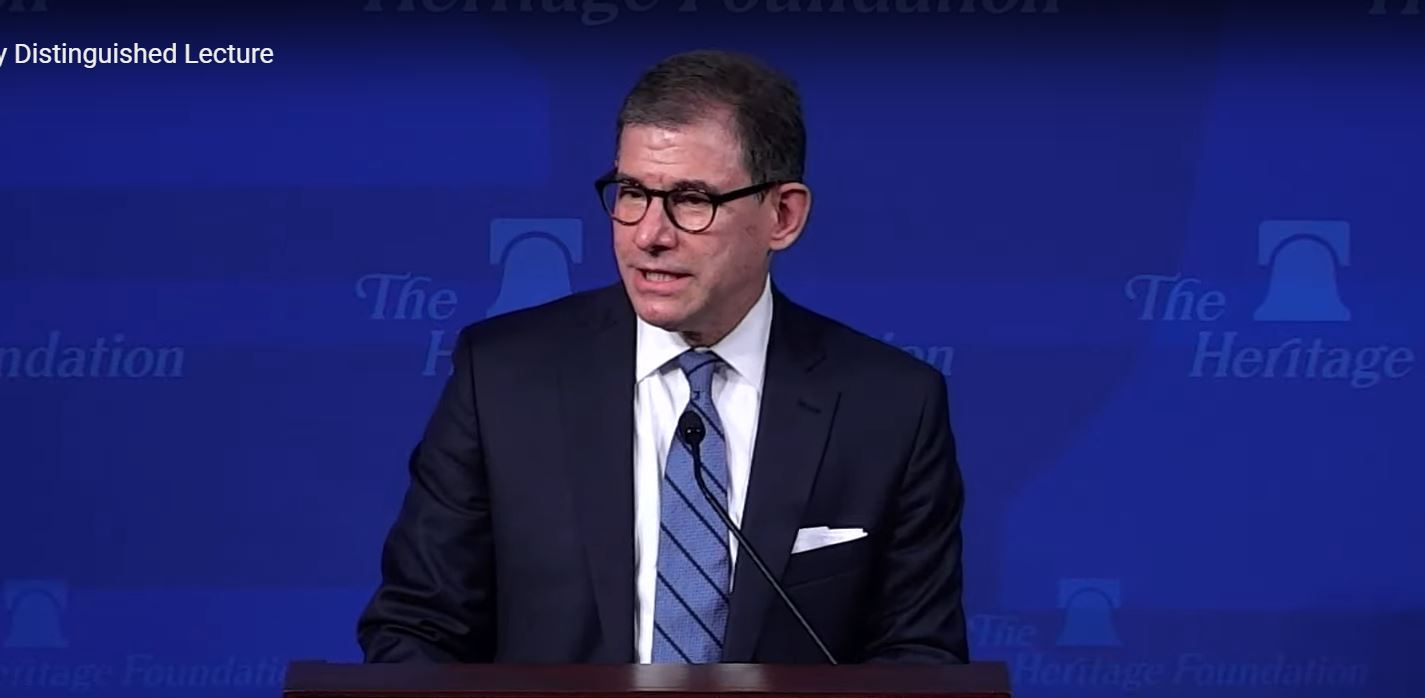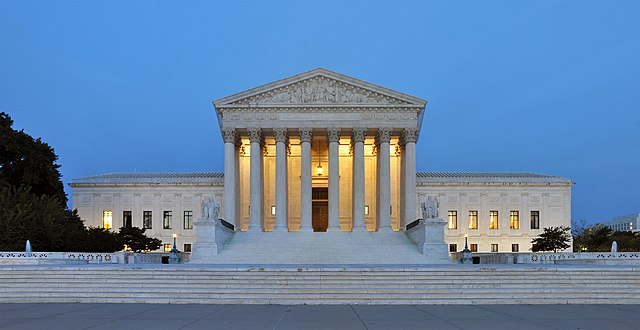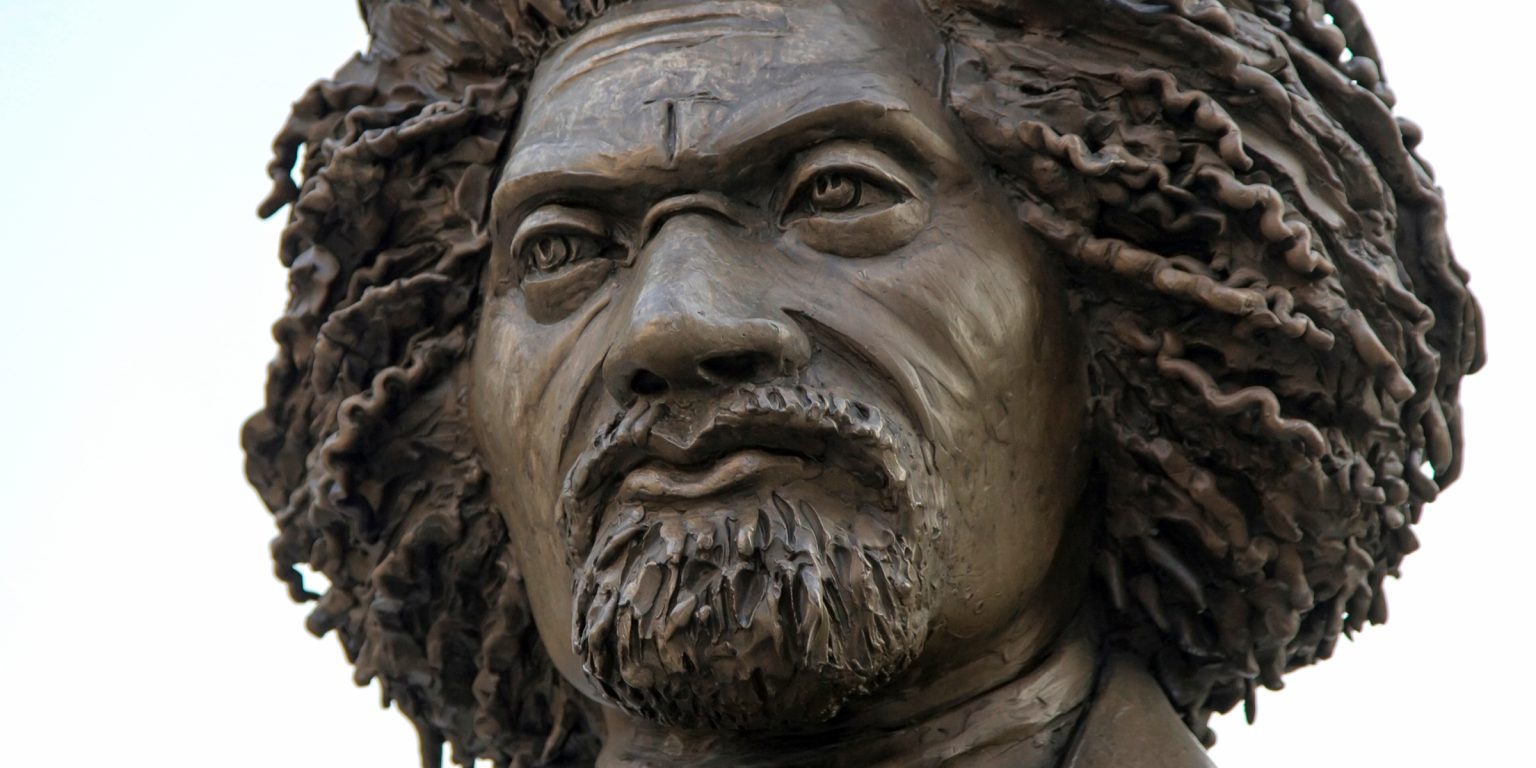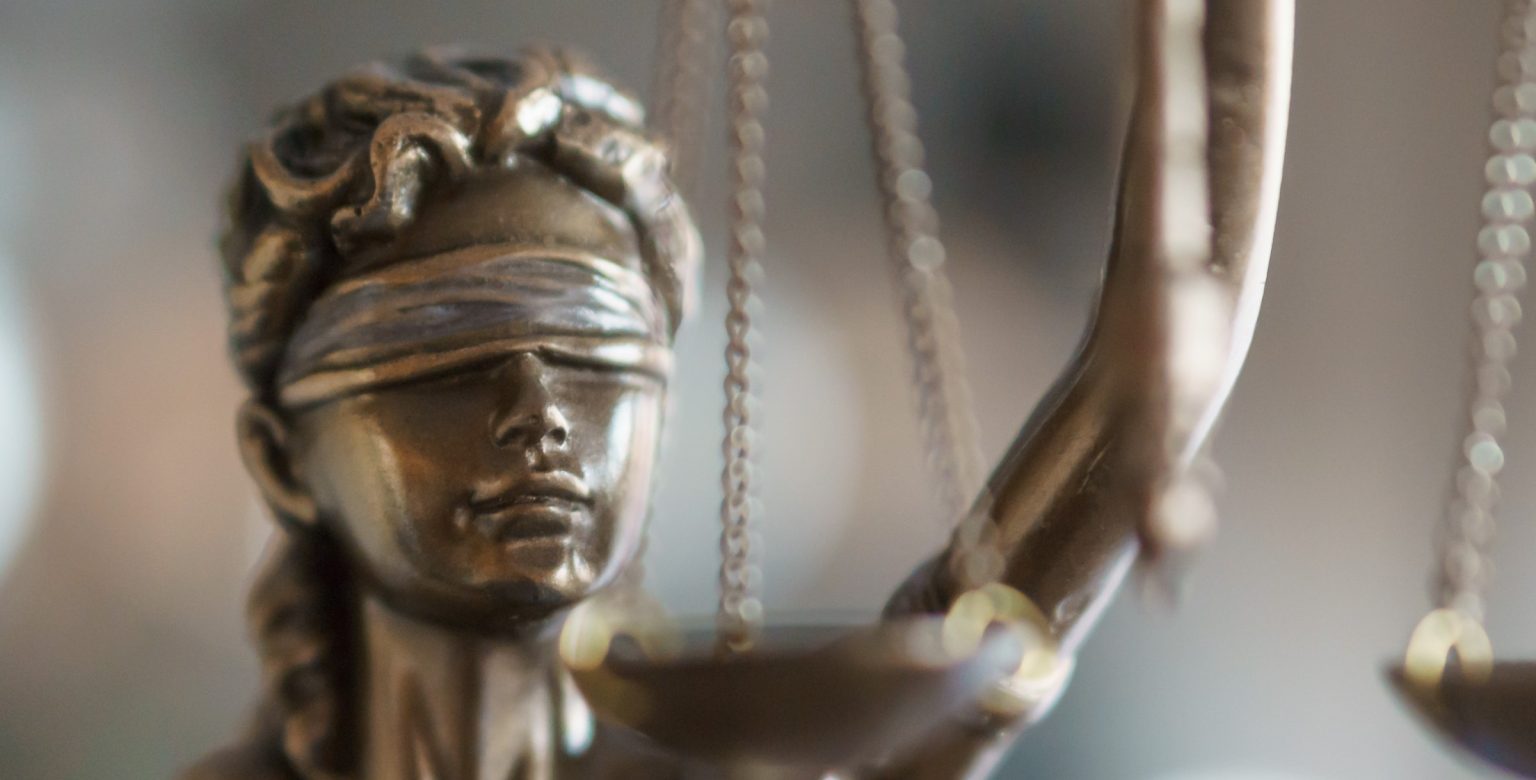A Better Originalism
A Jurisprudential Red Pill: Part I
“Building on the Right” with Matthew Peterson, President of New Founding
Common Good and Common Belief in the Common Law
Why State Courts Matter
Judge Pryor’s Friendly Fire
Originalism: A Hollow Core?
How to Recover Conservative Judging
James Wilson Institute Fellow Holden Tanner discusses the shortfalls of textualist originalist jurisprudence and how to recover common law jurisprudence.


